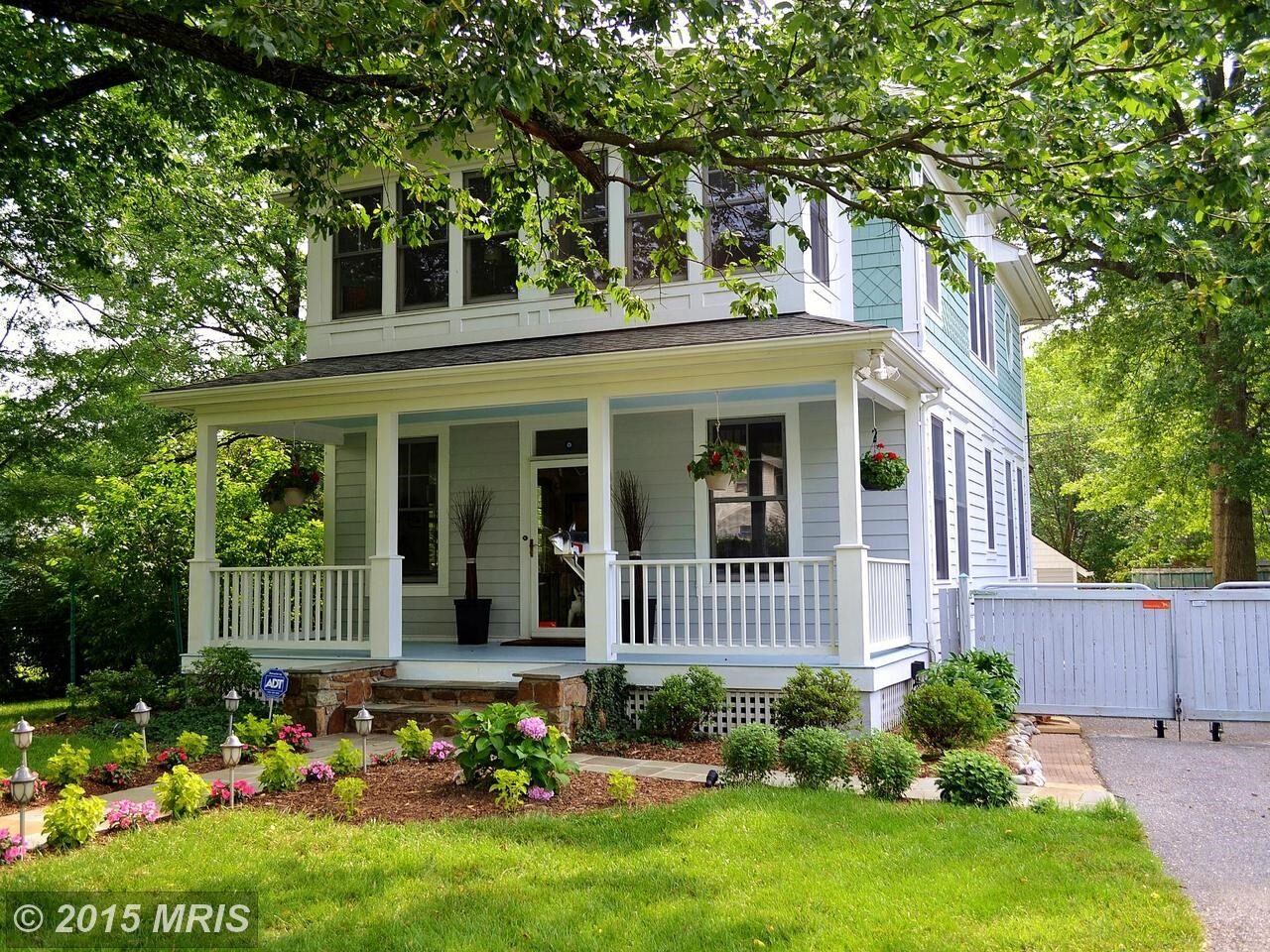In College Park, we recognize that we do not have the answer to solving the challenge of housing and affordability. Rather, our goal is to have some answers to specific questions regarding that housing puzzle. There is nothing like a town-gown community to have a ready-made supply of creative thinkers. In this article, Trust Executive Director Daniel Cunningham discusses equity challenges in affordable housing, particularly in town-gown communities like College Park.
With the dawn of a new year, our thoughts turn to programming for 2024. Our February focus is jointly on Black History Month and the International Town & Gown Association (ITGA) annual meeting to be hosted in College Park June 5-7, 2024. This juxtaposition feels apt, particularly when the discussion is one on housing.
In January 2024, Harvard’s Joint Center for Housing Studies released its seminal report on “America’s Rental Housing 2024,” which indicated that half of all US renters spent more than 30% of their income on housing and were classified as “cost-burdened,” a record high. This becomes more concerning given the racial disparities of income in this country, making it more likely more people of color are cost burdened. On the homeownership side, while the US rate of homeownership is above 65%, the rates vary widely by race—with nearly 73% of white Americans owning their home, while the homeownership rate for Black Americans is 44%, Hispanic American households at 51% and Asian American households at 63%.
Half of all US renters spent more than 30% of their income on housing and were classified as “cost-burdened”
America’s Rental Housing 2024, Harvard Joint Center on Housing Studies
Currently, the ITGA is requesting responses to a housing survey it is undertaking along with the National League of Cities. We encourage you to participate in it, as clearly housing is a universal challenge. Two areas of emphasis are housing uncertainty and affordability.
Town/gown communities are uniquely challenged in the housing arena due to a variety of factors:
Consistent Demand: Students make up a significant driver of demand for housing in academic communities, with a perpetual challenge of balancing supply with demand
Variation: Off-campus housing can take a variety of forms—multifamily rental, single family rental, single family homeownership or some combination such as parents investing in property for their child and renting out components of the home to other students
Homeownership Challenge: Single family rentals may interrupt a more natural set of homeownership opportunities, with short-term cycles—semesters or school years—masking broader housing issues of affordability
Workforce/Faculty Housing: Higher velocity of turnover and changing housing can contribute to housing uncertainty and decreasing affordability
Economic Vulnerability: Staff in higher education can be vulnerable to the cost of housing, particularly in walk- or bike-friendly settings, particularly lower-income staff in the service industries. This uncertainty may not be readily apparent.
In College Park, the community took decisive action to create a suite of policy initiatives to support residents, students, employees, and visitors alike.
The University of Maryland and its Terrapin Development arm are committed to expanding student housing opportunities throughout the city, as part of its overall mission to “create long term value for its members while transforming Greater College Park into a vibrant, diverse and walkable community that attracts the best faculty, staff and students, and galvanizes a culture of research and entrepreneurship.”
The City of College Park is active in code and rental housing enforcement to ensure the quality of life for renters. At the same time, it harnesses its expenditures of public money creatively on housing writ large—seniors, low- and moderate-income, renovations for those on fixed incomes, accessible dwellings, etc., consistent with its overall strategic goal to “foster and sustain an affordable and stable City for individuals and families to live, work, play and retire here “
The Partnership has several programs in its affordable housing toolbox to support affordable homeownership opportunities in College Park. The College Park City-University Partnership created in conjunction with the Maryland Department of Housing and Community Development, the University of Maryland and the City of College Park its new Live Work Program, an assistance program for those who work in College Park via a forgivable loan for downpayment and closing cost assistance to be launched in March of 2024. At the same time, the Community Preservation Trust, a program of the Partnership, operates with a $15 Million budget dedicated to fostering homeownership opportunities for those earning up to 140% of Median Family Income (about $200,000 for a household of four). Our applicants typically consist of people a) who want to live or currently rent in College Park, and b) who, like many Americans, are priced out of an increasingly competitive market in normal circumstances. This is further exacerbated by the disparity between wage growth and the consistent rise in home prices. In College Park, we recognize that we do not have the answer to solving the challenge of housing and affordability. Rather, our goal is to have some answers to specific questions regarding that housing puzzle. There is nothing like a town/gown community to have a ready-made supply of creative thinkers.
Join us at the ITGA conference June 5-7, 2024, when housing and development will be one of the discussion topics. To learn more about the 2024 ITGA Conference, please visit ITGA.org or contact Susan Hartmann, Executive Director at [email protected].
Want to learn more about the Partnership? Visit our website:
Now accepting applications to participate in the Trust, apply today:

